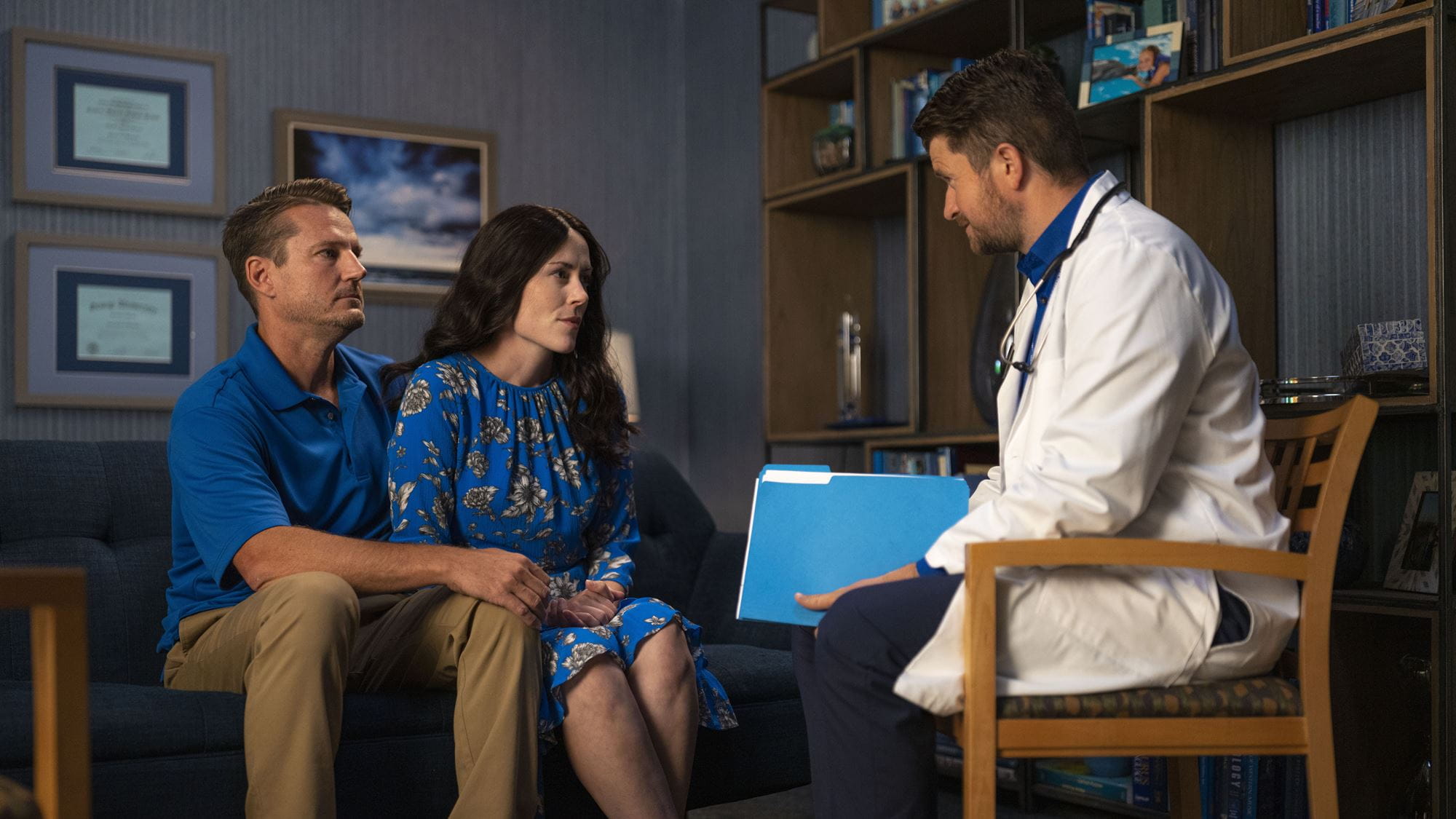How does targeted therapy work?
Cancer cells typically have mutations that make them different from normal cells. If the cancer cells have a particular mutation, then doctors can use drugs that “target” them and block the messages being sent that cause the cancer cells to divide.
The mutation is identified in a process called next-generation sequencing. During this process, a small tissue sample from the tumor is removed and tested.
When is targeted therapy used?
Whether you’re eligible for targeted therapy or not depends on the presence of specific gene mutations that have developed in the cancer cells.
Intermountain’s Precision Genomics can sequence the DNA of individual tumors and evaluate which specific mutations might be making a cancer grow. For more than 75 percent of patients with advanced-stage cancer, Intermountain is able to identify actionable mutations and offer additional treatment options, like targeted therapy.
Types of Targeted Therapy
There are two main categories of drugs used in targeted therapies:
- Small molecule drugs are tiny enough to enter a cancer cell once they find it. They work by targeting a specific substance inside the cell and blocking it.
- Large molecule drugs usually can't fit into a cell. They work by attacking proteins or enzymes on the surface of the cell.
Your Team at Intermountain Cancer Center
Every patient and every cancer is different. Every treatment plan is also different. Your cancer treatment is always based on National Comprehensive Cancer Network (NCCN) guidelines and your specific pathology.
For targeted therapy, your team will work closely with Intermountain Precision Genomics to help personalize your treatment and identify any important clinical trials.
How is targeted therapy given?
Advantages of Targeted Therapy for Cancer
Is targeted therapy the same as immunotherapy or chemotherapy?
Targeted therapy is different from immunotherapy and chemotherapy:
- Traditional chemotherapy uses drugs to target fast-growing cells throughout the body, whether they are cancerous or not.
- Immunotherapy uses drugs to activate the body’s own immune system to fight cancer cells.
Compared to both of these methods, targeted therapy directs drugs to specific genetic features on cancer cells. Targeted drugs often work by blocking cancer cells from copying themselves. This means they can help stop a cancer cell from dividing and making new cancer cells.
Side Effects of Targeted Therapy for Cancer Treatment
While side effects are generally less serious than chemotherapy, there is still some risk. Generally, the side effects depend on the specific targeted therapy drug, but can include:
- Allergic-like reactions, including trouble breathing, itching or hives, dizziness, and swelling in the lips or tongue
- Elevated liver enzymes
- Diarrhea or constipation
- Nausea and vomiting
- Fatigue
- High blood pressure
Frequently Asked Questions
Does targeted therapy for cancer include surgery or radiation?
Is targeted therapy better than chemotherapy?
Why is targeted therapy used?
Does targeted therapy cause hair loss?
Does targeted therapy shrink tumors?
How long does targeted therapy for cancer take?
Because your cancer is unique, your treatment plan will be too, including the duration and intensity of treatments. The length of treatment also depends on the targeted therapy being used and how your body reacts to treatment.


